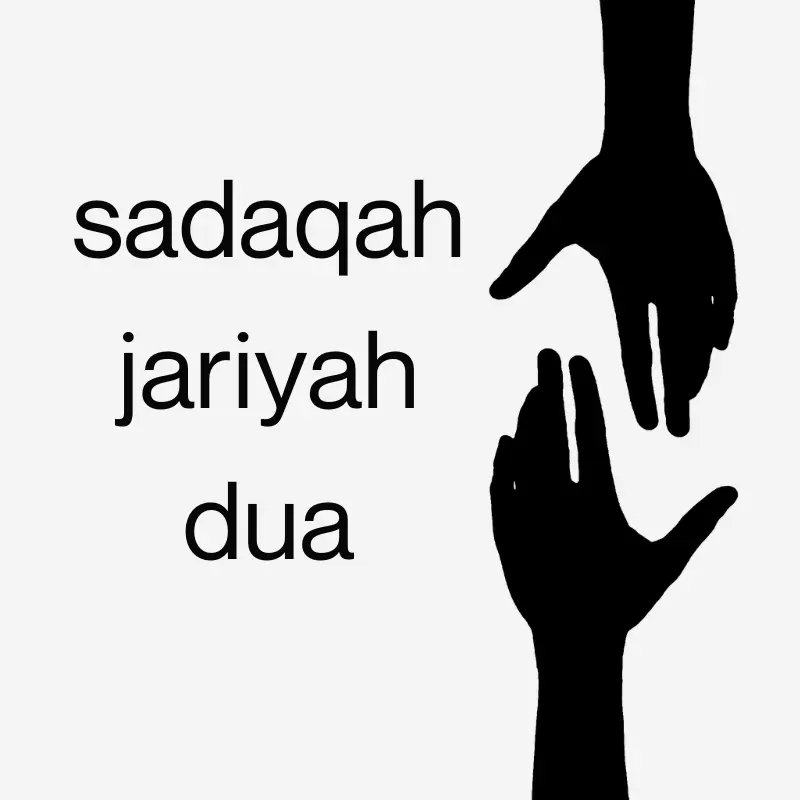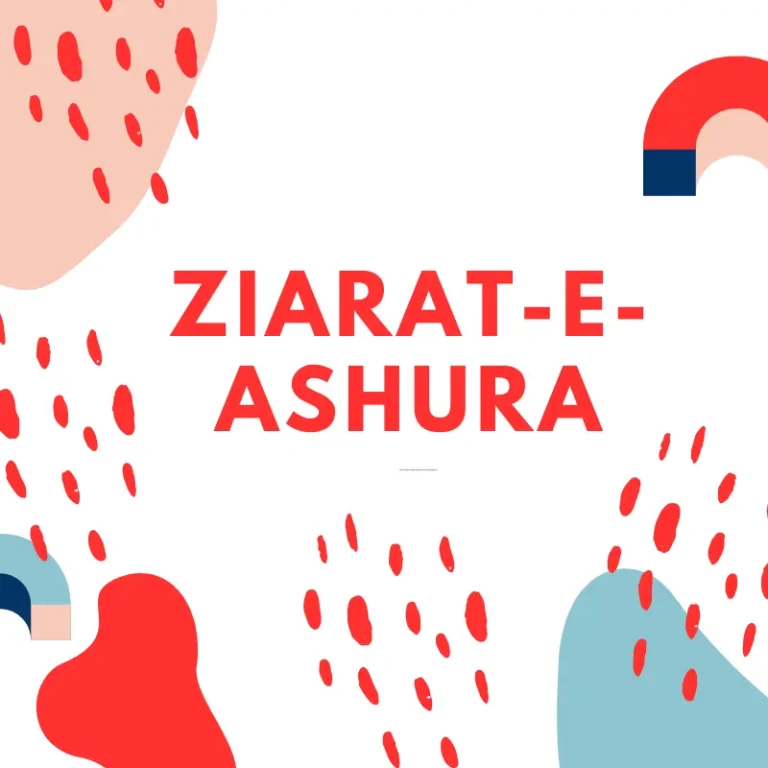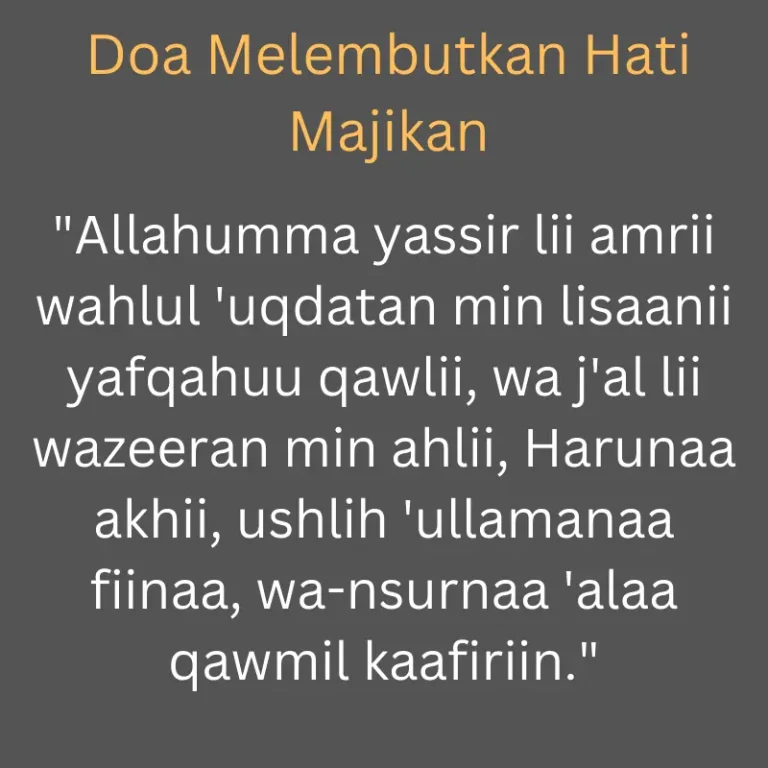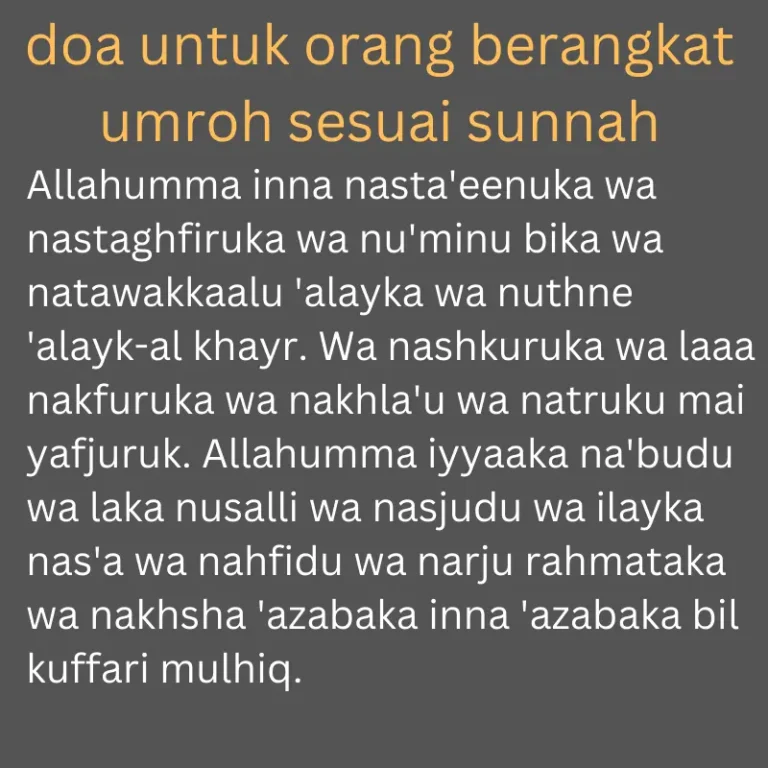Sadaqah Jariyah Dua
Sadaqah Jariyah is a concept deeply rooted in Islamic teachings, emphasizing the importance of continuous charity with everlasting rewards. This article delves into the significance of Sadaqah Jariyah, exploring the power of dua (supplication) in this noble act of giving. Discover the various types of Sadaqah Jariyah and learn how to optimize your contributions for maximum impact. Let’s embark on a journey of selfless giving that leaves a lasting legacy.
Understanding Sadaqah Jariyah Dua
Sadaqah Jariyah, derived from the Arabic words “sadaqah” (charity) and “jariyah” (continuous), refers to acts of charitable giving that continue to benefit people long after the initial contribution. Unlike other forms of charity, Sadaqah Jariyah has perpetual rewards, offering benefits in both this world and the hereafter. It reflects the essence of selflessness and compassion encouraged in Islam.
The Power of Dua in Sadaqah Jariyah
In addition to the material contributions, dua plays a vital role in Sadaqah Jariyah. Dua is a form of supplication to Allah, seeking His blessings, mercy, and acceptance of our charitable acts. When making dua in the context of Sadaqah Jariyah, it enhances the sincerity and intention behind our giving, amplifying the rewards and impact of our deeds. For instance, while donating towards educational initiatives, one may make dua for the students’ success, knowledge dissemination, and the overall betterment of society.
Sadaqah Jariyah for Deceased
Sadaqah Jariyah can be given on behalf of deceased loved ones as a way to continue benefiting them in the afterlife. By engaging in acts of ongoing charity such as building a mosque, sponsoring an orphan, or supporting educational initiatives, the rewards of these deeds are extended to the deceased. It is a beautiful way to honor the memory of our loved ones and ensure their perpetual reward in the sight of Allah.
Sadaqah Jariyah for Parents
Giving Sadaqah Jariyah on behalf of our parents is a special act of gratitude and love. It is a means of honoring their legacy and seeking continuous blessings for them. By contributing to projects such as constructing a well, funding a healthcare facility, or supporting a religious education program, we can demonstrate our appreciation for the sacrifices our parents made and fulfill our duty towards them.
Types of Sadaqah Jariyah
Sadaqah Jariyah offers a wide range of opportunities to make a lasting impact. Here are some prominent examples:
- Construction of Mosques: Building mosques provides a sacred space for worship, educational programs, and community gatherings. Each prayer offered, each lesson taught, and every congregational activity held within the mosque becomes a source of ongoing rewards for the contributors.
- Digging Wells and Water Projects: Providing access to clean water is a transformative act of charity. By sponsoring wells or supporting water projects, individuals ensure a sustainable supply of clean water for communities, earning blessings every time someone quenches their thirst.
- Educational Initiatives: Investing in education is a powerful means of uplifting individuals and societies. Supporting the establishment of schools, libraries, scholarships, and educational programs fosters knowledge, empowers future generations, and earns continuous rewards as students benefit and contribute to society.
- Healthcare and Medical Services: Funding hospitals, clinics, medical camps, and healthcare programs contributes to the well-being of communities. The rewards continue as people receive treatment, recover their health, and lead productive lives.
Optimizing Sadaqah Jariyah for Maximum Impact
To maximize the impact of Sadaqah Jariyah, consider the following strategies:
- Thorough Research: Conduct in-depth research to identify reputable charitable organizations with a proven track record of executing impactful Sadaqah Jariyah projects. Verify their transparency, sustainability, and alignment with your values.
- Collaboration and Collective Efforts: Join hands with like-minded individuals, communities, and organizations to pool resources and amplify the impact of your Sadaqah Jariyah initiatives. Collaborative efforts can lead to larger-scale projects and greater benefits for those in need.
- Diversify Your Contributions: Explore various types of Sadaqah Jariyah to address different societal needs. By diversifying your charitable endeavors, you can touch the lives of individuals from different backgrounds and communities.
Can Sadaqah Jariyah be given on behalf of someone else?
Yes, Sadaqah Jariyah can be given on behalf of oneself as well as on behalf of others, including deceased loved ones. This act of charity becomes a means of continuous reward for the person in whose name it is given, benefiting them in the hereafter.
What if I am unable to give financial contributions?
Sadaqah Jariyah is not limited to financial contributions alone. Even if you are unable to donate money, you can still contribute in other ways. You can volunteer your time, skills, or knowledge to support educational programs, healthcare initiatives, or community development projects. Your efforts and dedication are invaluable contributions that can make a significant difference.
How can I ensure the longevity of my Sadaqah Jariyah projects?
It is essential to choose sustainable projects and partner with reliable organizations. Conduct thorough research to assess the long-term viability of the initiatives you wish to support. Look for projects that have effective management systems in place, demonstrate transparency, and prioritize the ongoing maintenance and upkeep of the facilities or services provided.
What is the Best Form of Sadaqah Jariyah?
Determining the best form of Sadaqah Jariyah depends on individual circumstances and personal preferences. However, some acts that hold significant rewards include building mosques, establishing educational institutions, sponsoring the education of underprivileged children, and supporting initiatives that provide access to clean water or healthcare. Ultimately, the best form of Sadaqah Jariyah is one that aligns with your intentions, impacts lives positively, and continues to benefit people long after your contribution.
What to Say When Giving Sadaqah Jariyah?
When giving Sadaqah Jariyah, it is recommended to make a sincere intention and supplicate to Allah. You can say a prayer such as, “O Allah, I dedicate this Sadaqah Jariyah to [mention the purpose or person]. Please accept it from me and make it a source of continuous reward and benefit. May it bring blessings to those in need and serve as a means of earning Your pleasure.”
What Dua to Recite When Giving Sadaqah?
While giving Sadaqah Jariyah, you can recite various dua (supplications) seeking Allah’s blessings and acceptance. One commonly recited dua is: “O Allah, accept this from us. You are the All-Hearing, the All-Knowing. O Allah, we seek from You the reward of our Sadaqah in the Hereafter. Make it a means of purification and a source of mercy and blessings for us and the recipients. Grant us success in this life and the next.”
Can You Give Sadaqah for a Dua?
Yes, it is permissible to give Sadaqah (charity) with the intention of fulfilling a specific dua (supplication). By combining charity with heartfelt prayers, you can seek Allah’s assistance, mercy, and blessings. The act of giving Sadaqah itself is considered virtuous, and when coupled with sincere dua, it becomes a means of drawing closer to Allah and increasing the likelihood of the supplication being answered.
Sadaqah Jariyah is a remarkable act of continuous charity that holds immense rewards in this world and the hereafter. By combining the power of dua with selfless giving, we can make a lasting impact on the lives of others. Whether it is constructing mosques, providing clean water, supporting education, or contributing to healthcare, the options for engaging in Sadaqah Jariyah are diverse and meaningful.








